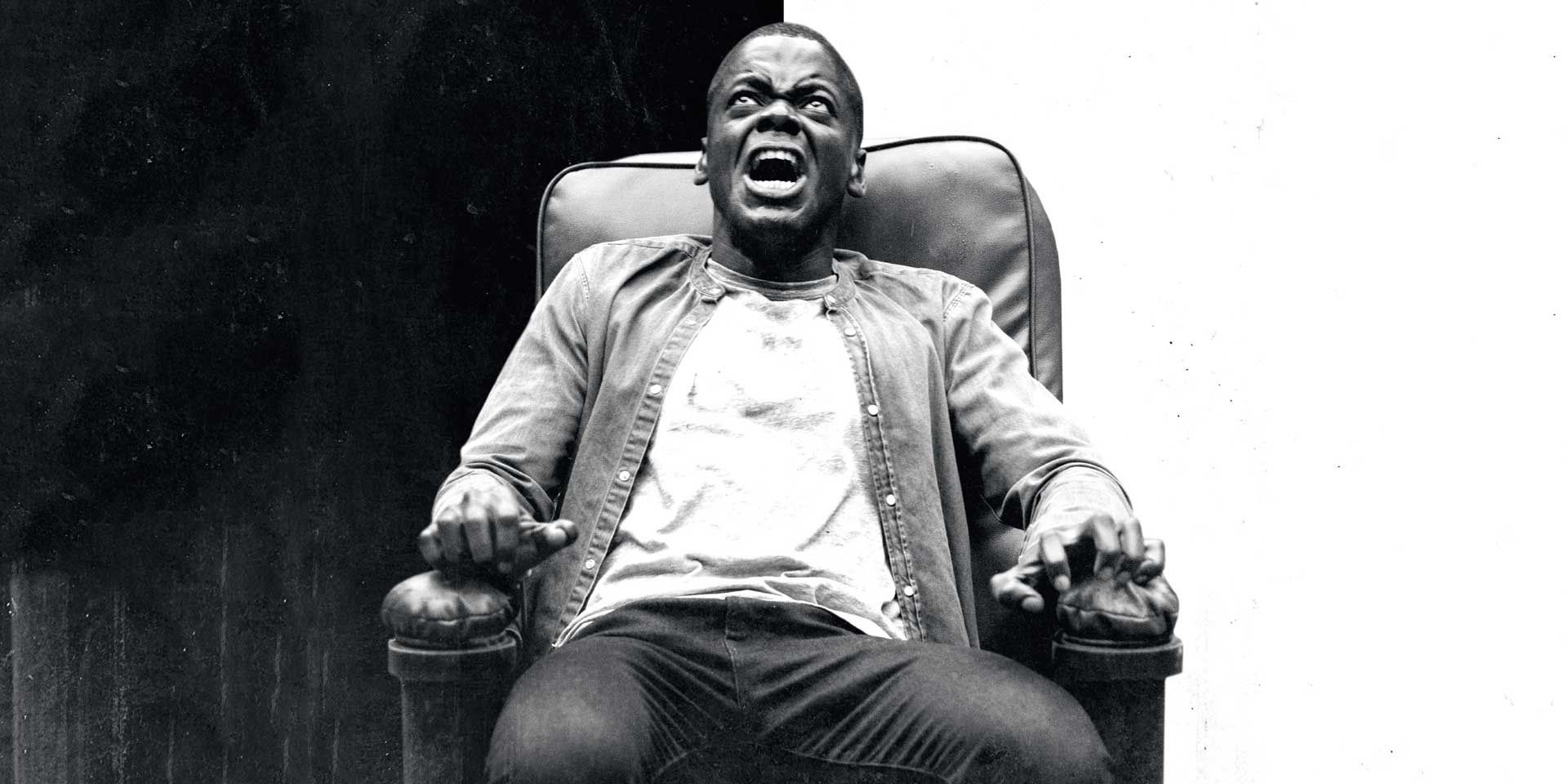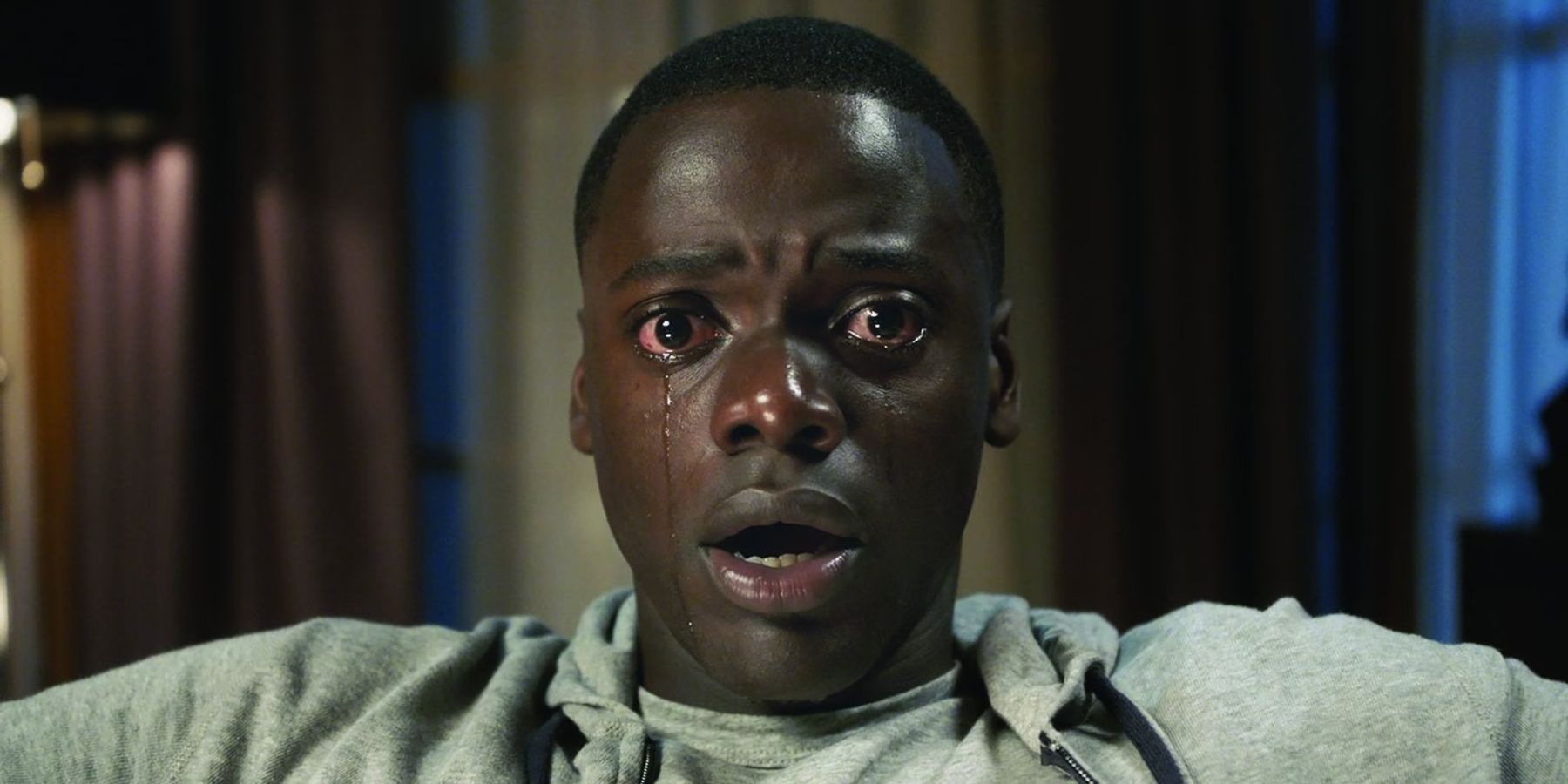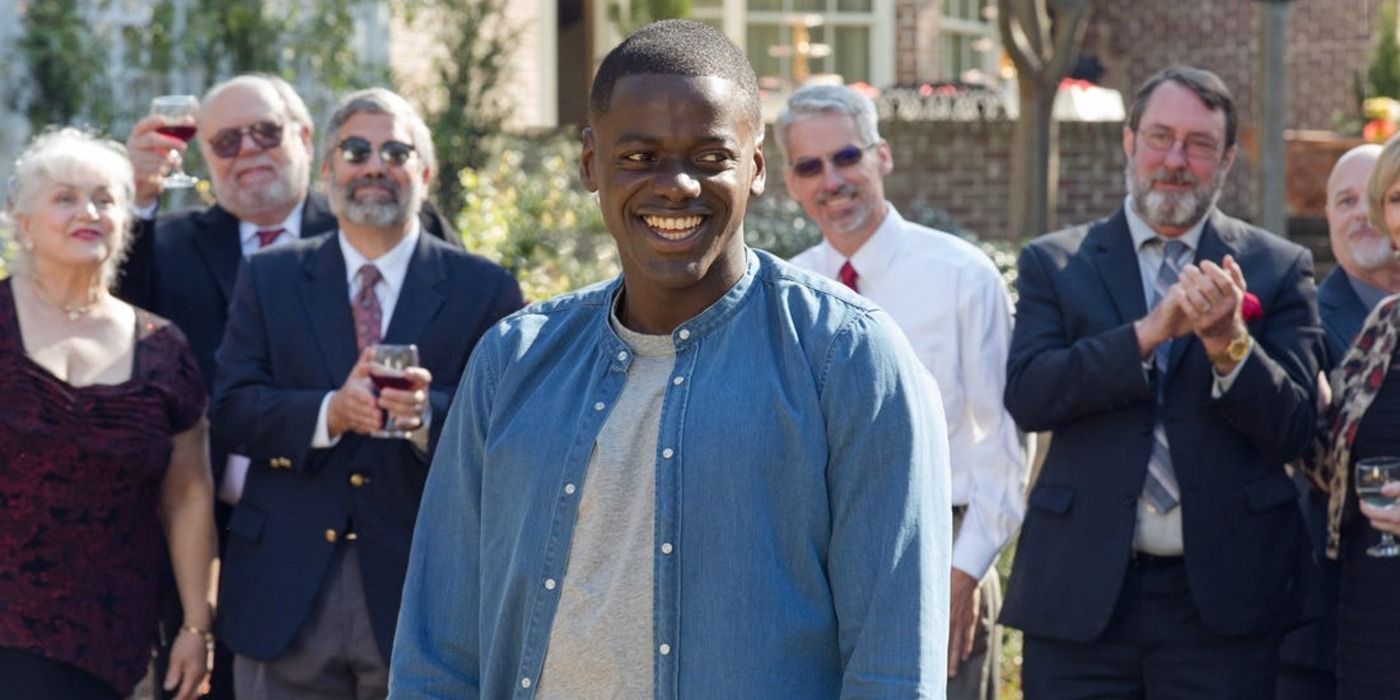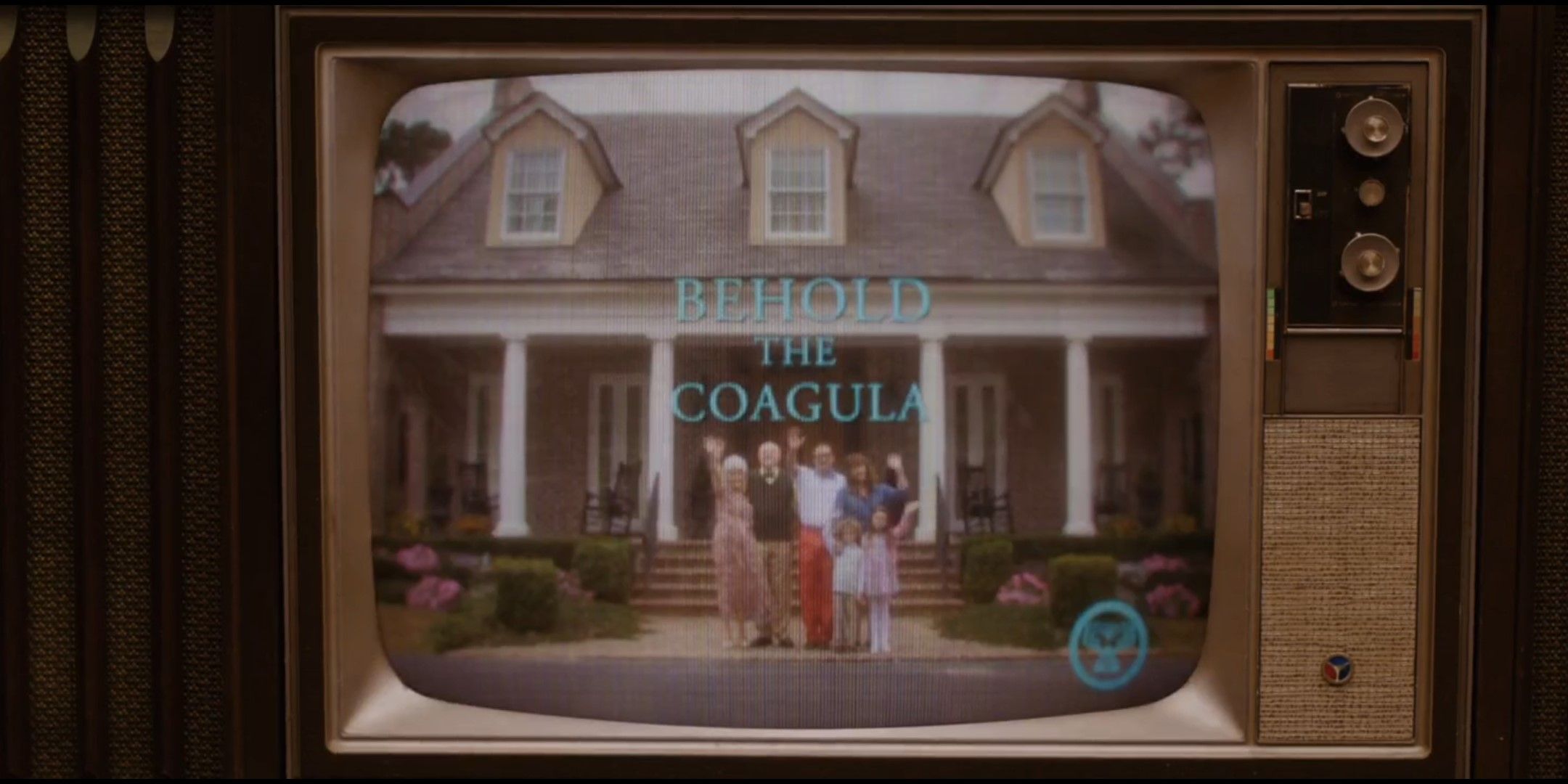Get Out, the horror directorial debut by the talented Jordan Peele, captivated audiences worldwide with its gripping storyline and thought-provoking social commentary. The film follows the journey of talented photographer Chris Washington (Daniel Kaluuya), a young African-American man who makes a trip with his white girlfriend Rose Armitage (Allison Williams) as they go visit her family for a weekend getaway.
Chris is introduced to Rose's parents, the neurosurgeon Dean (Bradley Whitford) and the psychiatrist Missy (Catherine Keener), and Rose's oddball brother Jeremy (Caleb Landry Jones). The Armitages are a wealthy white family, and they act oddly around Chris, as he is, supposedly, Rose's first black boyfriend.
As the movie progresses, Chris becomes increasingly suspicious of the peculiar behaviors and microaggressions he encounters from Rose's family and their white guests. One of them is Jim Hudson (Stephen Root), a seemingly sympathetic art dealer and collector who went blind. Chris' suspicions intensify when he has a sinister encounter with Logan (LaKeith Stanfield), the only other black guest at a party in the Armitage home. In a phone call with his friend Rod (Lil Rel Howery), Chris realizes that Logan is actually a missing acquaintance of his.
As things go from awkward to sinister, Chris attempts to escape, but is overpowered and knocked out. Chris then wakes up tied to a chair facing a TV, and, in a chilling twist, the diabolical plan of the Armitages is finally revealed. They have been abducting and hypnotizing African-Americans to implant the consciousness of wealthy white individuals into their bodies in a procedure titled The Coagula. Chris realizes that all the old white guests that he met earlier were not just acting strangely with him due to their unfamiliarity with black people, but they were "checking the merchandise".
The highest bidder in an auction for Chris' body, Jim Hudson will be the one whose mind will be transplanted into Chris' body, as he admires Chris' work as a photographer and wants to see through his eyes. However, Chris manages to free himself and confronts the Armitages, eliminating his captors one by one. A police car arrives just when Chris is about to kill Rose. Certain that nobody will believe him and that he'll go to jail (or worse), Chris surrenders. But, fortunately, it is Rod in the patrol car. He and Chris drive away as the Armitage home burns in the background.
The ending of Get Out is multifaceted and delves into themes of race, identity, and the commodification of black bodies. Through the character development of Chris, the film explores the experience of being a person of color in western society. Chris' journey represents the struggle to maintain his identity and agency in the face of systemic racism and exploitation.
Why Did the Armitages Want Chris?
The Armitages desire to target Chris stems from their twisted perception of African-Americans. They view black bodies as vessels to be exploited, believing that by merging the superior consciousness of white people with the superior bodies of black people, they can create a "perfect" human being. Their motivations are deeply rooted in racism, cultural appropriation, and a quest for power. But why Chris?
Since the Artmitages interest relied only on the physical bodies of black people, it was imperative that they found an athletic, young person with no severe illnesses. Chris checked all the boxes, except for one detail: he was a smoker. During the first hypnosis, in which Missy introduces Chris to Sunken Place, she makes him quit smoking by making subconscious associations in his mind. Since Chris was only seen as a product for them, Missy hypnotized him to quit smoking as an act of quality assurance, as she did not want to deliver a "faulty" body to their customers.
In the film's final act, Chris discovers a box in which Rose keeps "trophy photos" of the black men and women she seduced and brought to her family. It is assumed that every one of them has undergone the procedure and is now in the Sunken Place, while an old white person's mind control their bodies. Later, Rose is seen in her room scouting for another victim, searching online for "Top NCAA prospects", which further confirms the Armitages fixation with the black body as an efficient machine with all the talents and attributes white people covet.
What is the Coagula?
The Coagula is a term introduced in the institutional video Chris forcibly watches while tied to a chair near the film's ending. In the video, Dean's father, the Armitage patriarch Roman (Richard Herd), explains the surgical procedure his family has developed to extract the brains of elderly white individuals and transfer them into the bodies of young, healthy African-Americans. The Coagula represents the metaphorical and literal merging of identities, highlighting the film's exploration of race, identity, and the dehumanization of black individuals.
Earlier in the film, Dean tells Chris of Roman's failed career as an olympic track runner. When Roman was bested by Jesse Owens, he became obsessed with the idea that Owens, being black, had some type of unfair biological advantage. Then, Roman went on a journey to create a way of subverting nature itself. The Coagula's ultimate goal is to allow the "superior" minds of white people to attain physical immortality while appropriating the talents and attributes associated with African-American culture. In the Armitages' utopia, the world would be populated only by black bodies controlled by white people's minds. Thus, while black bodies would still exist, black people's minds and souls would be forever silenced, imprisoned in the Sunken Place - a void in which they are never heard or seen.
Jordan Peele's Get Out is a masterful blend of horror, social commentary, and psychological depth. The film's ending serves as a powerful culmination of the narrative's themes and character development. By exposing the insidious motives of the Armitages, the movie confronts viewers with uncomfortable truths about racism and the commodification of black bodies.
Get Out's ending underscores the importance of reclaiming agency, challenging oppressive systems, and resisting the erasure of individual identity. It remains a powerful testament to the enduring relevance of social issues and a wake-up call for audiences to confront the underlying biases that persist in society. Through its poignant storytelling and compelling exploration of race, Get Out continues to provoke critical thinking and foster dialogue about the complexities of identity and the perils of cultural appropriation.





